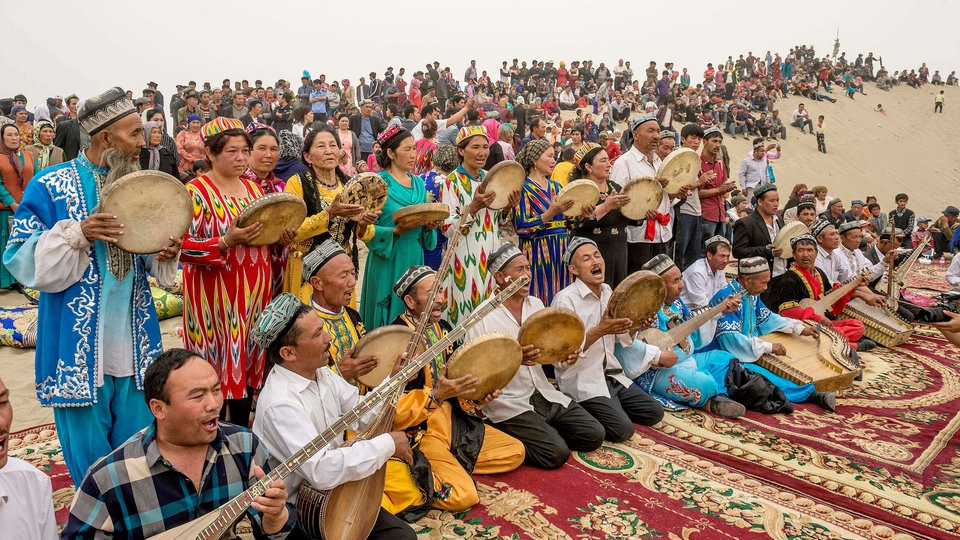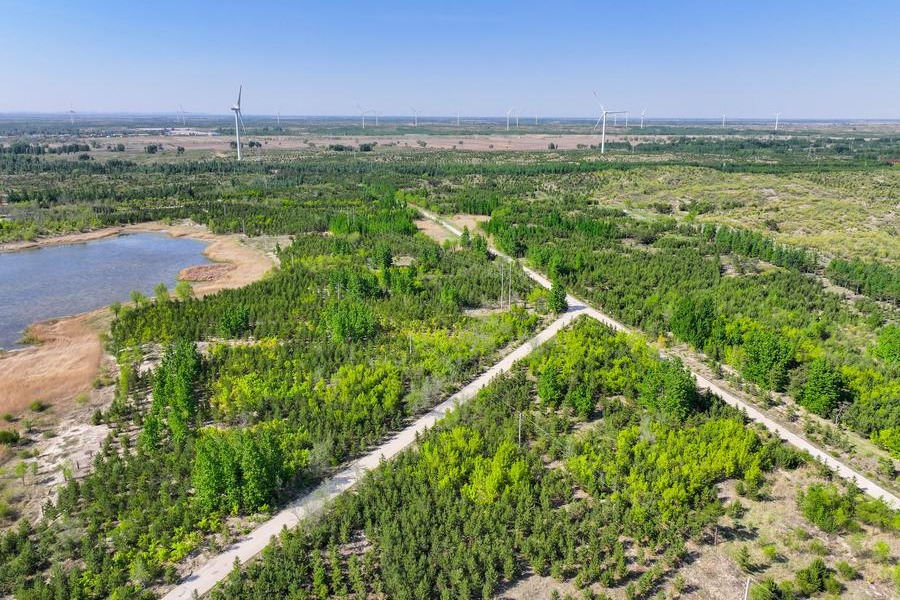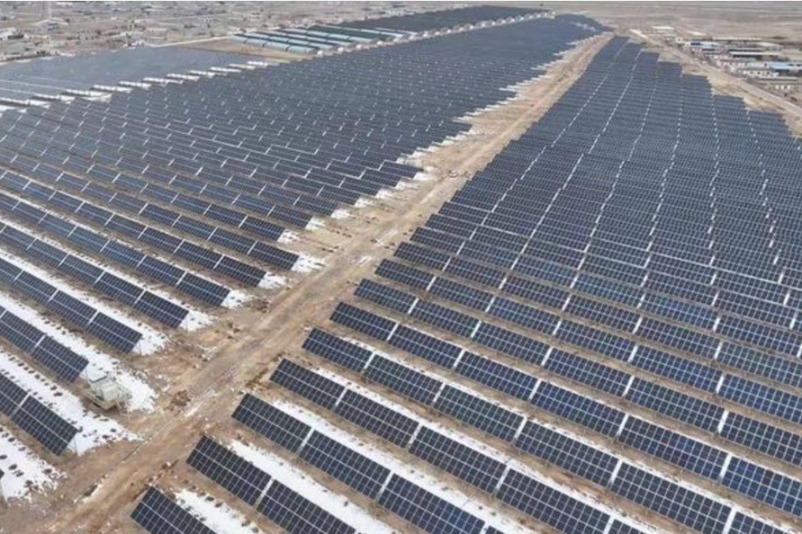How fake news has become the norm for the US


Editor's Note: Seymur Mammadov is the director of the international expert club EurAsiaAz and editor-in-chief of Azerbaijan's news agency Vzglyad.az. The article reflects the author's opinions and not necessarily the views of CGTN.
The U.S. is expanding the front of the war with China not only in the commercial and technological areas, but also in the information area with its propaganda materials, especially concerning the situation of the Uygurs in the Xinjiang Uygur Autonomous Region.
In early December, the U.S. House of Representatives passed the Uyghur Human Rights Policy Act of 2019, which is devoted to "human rights violations" in Xinjiang and it provided sanctions against Chinese officials allegedly involved in the oppression of local Muslims. Prior to this, the U.S. Department of Commerce imposed sanctions on 28 Chinese government agencies and private firms for involvement in violating the rights of ethnic minorities in Xinjiang and other regions of China.
As is typical for the United States, it doesn't want to be alone in this war against Beijing and therefore put pressure on countries in Europe and other regions to draw them into the process. To a certain extent, Washington succeeds.
In July this year, the permanent representatives of 22 countries to the UN turned to the High Commissioner of the Human Rights Organization with a petition in which they complained about China in connection with the situation in Xinjiang. Analysts called this petition a provocation and an act outlining the borders of former British colonies. There is a certain amount of truth, considering that the similar crazy bill, the 2019 Hong Kong Human Rights and Democracy Act was passed earlier by the U.S.
These charges against China bring us back to the time of the Cold War, when Western propaganda was sophisticated in portraying hellish life pictures in the Union of Soviet Socialist Republics (USSR). Today, China has become a prime target for Western propaganda. For what? It's very simple.
China is now a successful developing country, which is increasingly crowding out the U.S. on the world stage. Through the efforts of its incredibly hardworking and talented people, China rose from poverty and showed the world that, without breaking the foundations, it is possible to achieve an economic miracle.
This is clearly seen in the example of the same Xinjiang Uygur Autonomous Region. As part of a nationwide campaign to combat poverty in remote and rural areas, the region has accelerated its development.
The per capita income in Xinjiang jumped last year by 7.5 percent, to 21,500 Yuan (3,073 U.S. dollars) per year. To fight against poverty, the Chinese Central Government is pursuing a policy of industrialization in this region, building transport and communications infrastructures, while developing e-commerce and tourist attractions. As a result, from January to October this year, Xinjiang had received nearly 200 million domestic and foreign tourists.
All these facts are easy to touch and taste if desired. But it is not visible that the West is interested in this. On the contrary, the United States and its allies in their anti-Chinese campaign are tightening their stance. The main topic of criticism and international censure of Beijing is the so-called "re-education camps," where, according to the American report, Xinjiang Muslims are forcibly driven away, turned into the Chinese communists, forced to change their faith and so on.
At the same time, there is also a real fake attack in the Western media, operating with data of unknown origin, information from some informed sources and mythical leaks. Relevant information is also scattered through social networks.
The spread of lies at times finds its refutation. For example, the story of a 67-year-old man named Henimhan Tudi, who allegedly was for a long time in a "re-education center" and was subjected to all kinds of humiliations there. But in the end it turned out that Tudi was not held in any "camp."
Here is another glaring fact. Photographs pretending to be Uygur Muslims in the so called "re-education camp" in Xinjiang turned out to be taken in a refuge for migrants in Thailand and during a protest in Turkey.
The photo which the Chinese police allegedly beat a Muslim for reading the Koran in his house made even more noise. It scattered across social networks, gaining millions of retweets and likes. But independent studies have shown that emotions were wasted in vain - in fact, it was the Indonesian police beat the thief.
Such allegations outrage Beijing. Because there are no "re-education camps", but there are simply vocational education and training centers where the population of a rapidly developing region learns the title language of the country and gets professional skills that allow them to get a job.
Over the past two years, nearly one and a half million new jobs have been created in Xinjiang, and more than eight million peasants have received specialties in such schools and found jobs in other areas. That is, millions of people thanks to the above schools have become active participants in economic processes, and have been divorced from negative trends, in particular, from being drawn into extremist activities.
We can talk about the creative role of China for hours. The creation and the pursuit of peace lie in the very philosophy of the Chinese civilization. This country is always ready for cooperation, and will lend a helping hand to friends, but will not allow other countries to speak itself from a position of strength. Fake news harms the international reputation of the West more than China. It is appropriate to recall the saying "Everything secret, sooner or later becomes apparent."


































